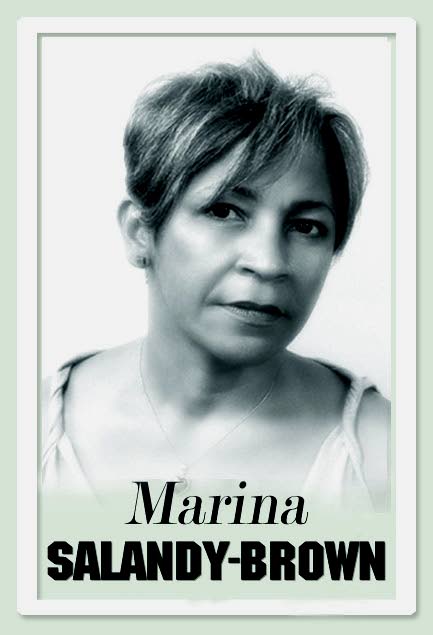Of eulogies and obituaries

There is a curious omission from all our national newspapers: obituaries. Yet obituary writing is a valued art, much prized by all the leading foreign newspapers, which commission obituary writers long in advance of a likely demise.
I have often pondered whether this absence of content is something more recent or a long-standing tradition in TT. I have speculated about its possible link to our innately suspicious character, shaped to some extent by Christian religious belief and manifest in our widespread reluctance to speak about death and to write our last will and testament. It is bizarre that people who should know better are prepared to die intestate, creating endless problems for their loved ones. There seems to be a fear that by contemplating the inevitable we bid it forth, as if death had a heartbeat in sync with our practical thoughts.
Exceptions to this rule exist, and those brave souls get to control what happens to their remains, the style of their public farewell and who gets the last word on them.
The BBC, like the British newspapers, had obituary departments in television and radio where newspaper cuttings and ready-to-go programmes could be accessed for a rapid response to the death of a range of public figures, not just prime ministers and members of the royal family. Within the BBC’s internal market I was able, as a current affairs editor, to win a series of lucrative commissions for my department and hire producers to make 45-minute-long documentaries, so that when a big football star, Princess Margaret, the Beatle George Harrison, Mrs Thatcher and several others died the BBC led with in-depth stories of their life and times.
In TT, the Government Information Service or TTT would have films on the lives of the great and the good which we never see, although those of politicians can be viewed occasionally on the parliamentary channel.
I would advocate that since people are shy about writing their own histories, we need, as a nation, to record the lives of many more or our citizens. In the age of Wikipedia it is possible to rustle up a quick written or audio account of a significant life, but to have a better insight into that person you would have to go to a funeral, where the eulogy, certainly in TT, has become an entity of its own.
Recently, I attended a virtual funeral, an innovation that could reshape media houses and provide an excellent public service if TT citizens could be persuaded of its value and if funeral homes could get, for a start, their sound systems into the 21st century. Hugh Arthur Selby Wooding, QC (aged nearly 92), was being put to rest, and although we had mutual friends and I enjoyed his witty, urbane company, I knew few details of his life, apart from the fact that he was a great patron of the arts, that his mother was Ghanaian and that he was the eldest child of the one and only Sir Hugh (HOB) Wooding, QC, who was the son of humble Barbadian immigrants but whose persona and reputation loomed large during my childhood for embodying an exemplary tale of rags to riches.
The eulogy was a revelation. It was a potted history of a previous time in TT and the world through the life of an individual who lived it.
Selby was one of the last of that vintage of QRC- and CIC-educated high achievers, since VS Naipaul, Ulric Cross, Alan Butler, whom he counted among his friends, and others have gone, leaving only a few more behind.
Given by Ian L. Benjamin SC, who described Selby – he was never called Hugh – as his friend and mentor, it was peppered with historical data that included the near-1920s love affair of Selby’s mother Anne Marie Coussey, while studying in Paris, with the poet and leader of the Harlem Renaissance Movement Langston Hughes. Only because their relationship had been nipped in the bud by her father did Sir Hugh get a chance to make her his in London, where they met while he was at the Inns of Court, having won a highly-coveted Island Scholarship.
It is a reminder of how integrated we have always been with world movements, whether it was CLR James in the Communist Party or Marcus Garvey marshalling the biggest-ever union of people of colour to create the Back to Africa movement.
Selby took silk in 1971, became head of his father’s chambers, a temporary judge and arbitrator and belonged to the “Golden Age” of men remembered as scholars and gentlemen, revered for his patience and generosity with juniors and his winning professional facility with the English language. He and Ewart Thorne, QC, resuscitated the Bar Association, later the Law Association, and he was the longest-serving continuous member of the Judicial and Legal Service Commission, which appoints judicial officers.
I would definitely have added him to my list of obit commissions.
RIP Selby Wooding.


Comments
"Of eulogies and obituaries"